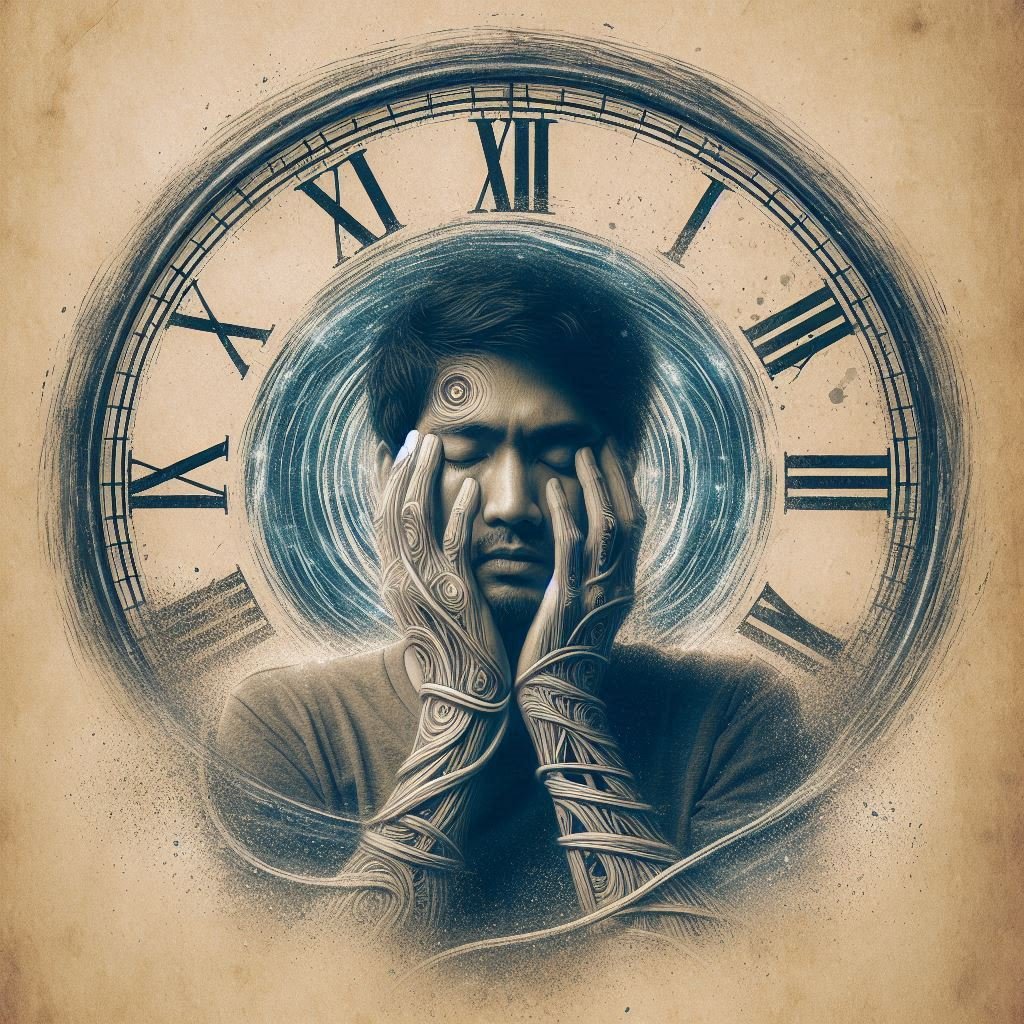Protecting Those Who Protect Us: Addressing Traumatic Brain Injury Risks Among Police Officers
Police officers face heightened risks of traumatic brain injuries (TBIs), leading to complex PTSD and other mental health challenges. Discover how The Supported Living Group (SLG) in Connecticut offers specialized support for officers and first responders affected by TBIs.
Protecting Roofers from Traumatic Brain Injuries: Safety Measures for Connecticut's Construction Workforce.
Roofing is one of the most physically demanding and hazardous jobs in the construction industry, and in Connecticut, the risks are no exception. Among the many dangers roofers face, traumatic brain injuries (TBIs) pose some of the most serious threats. A recent article from Roofing Contractor highlights startling data: roofers have the highest rate of fatal TBIs in the construction industry. This statistic underscores the need for better safety practices, education, and awareness to protect workers in our state.
The Crucial Role of Family Support in Brain Injury Recovery
Brain injury recovery is a complex journey, often filled with physical, emotional, and cognitive challenges. For individuals navigating this path, family support is an essential pillar that can significantly influence the recovery process. At The Supported Living Group, we recognize the importance of not just professional care but also the strength and resilience that family members bring to the recovery experience. In this blog, we explore how family support can make a tangible difference and the resources available to Connecticut families through our comprehensive brain injury support services.
The Impact of Parental Brain Injuries on Children: Insights from Johnny Knoxville’s Story and Support from The Supported Living Group
Parental brain injuries can have profound psychological and emotional impacts on children, as illustrated by Johnny Knoxville's story after his injury during the filming of Jackass Forever. Knoxville’s children, frightened by his recovery and changed behavior, reflect the uncertainty that brain injuries create within family dynamics. When a parent suffers a brain injury, children often experience fear, confusion, and emotional strain as they watch their parent navigate the complexities of recovery.
Celebrating Disability Pride Month: What It Means for Brain Injury Survivors in Connecticut
Every July, Disability Pride Month offers a unique opportunity to celebrate the achievements and resilience of individuals with disabilities, including brain injury survivors. For those in Connecticut, supported by organizations like the Supported Living Group (SLG), this month is a time to highlight their journeys, raise awareness about their needs, and advocate for greater inclusion and support.
Suicidality and Suicide Prevention for Brain Injury Survivors: A Critical Need for Comprehensive Support
Brain injuries can profoundly impact an individual's life, leading to cognitive, emotional, and physical challenges. Among the most concerning outcomes is the increased risk of suicidality. Understanding and addressing this risk is crucial for healthcare providers, caregivers, and support services. In this context, the Supported Living Group’s (SLG) community-based non-medical brain injury support services in Connecticut play a vital role.
Understanding Perseveration After Brain Injury: Overcoming Memory Loops
Perseveration, or the uncontrollable repetition of a thought, word, or action, is a common issue following a brain injury. This phenomenon can manifest as persistent memory loops, where individuals continuously relive moments from their lives before the injury. These repetitive cycles can severely impact their ability to move forward and engage with their current lives.
Understanding Aphasia After a Brain Injury: Highlighting June as Aphasia Awareness Month
Traumatic brain injuries (TBIs) can lead to a host of complications, one of the most profound being aphasia. Aphasia is a language disorder that affects a person’s ability to communicate, significantly impacting their quality of life. Understanding the potential impact of aphasia after a brain injury is crucial for providing appropriate support and care.
Understanding Emotional Symptoms After Traumatic Brain Injury (TBI) and Effective Strategies to Counter Them
Traumatic Brain Injury (TBI) can have profound and lasting impacts on an individual's emotional well-being. For those seeking community-based support services in Connecticut, such as The Supported Living Group's ABI Waiver and Private Pay programs, understanding these emotional symptoms and knowing effective strategies to manage them is crucial.









